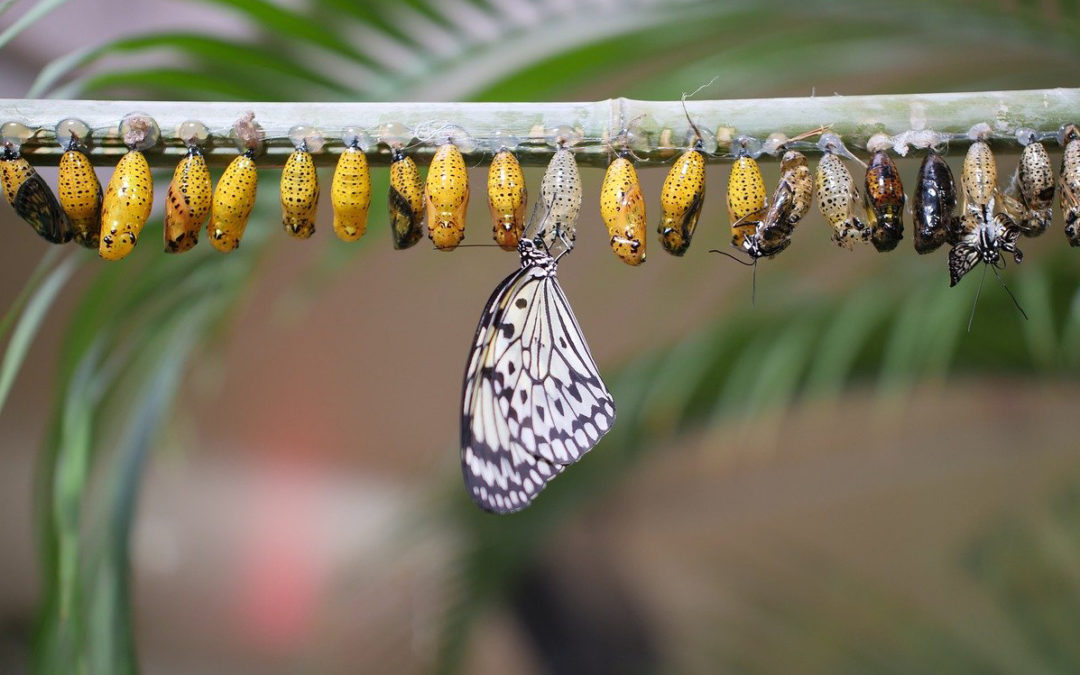In nature, a butterfly struggles to emerge from a cocoon. It is difficult and painful. Yet, were the butterfly cut out of its cocoon, without the vigorous physical exercise required to get out of the cocoon, the butterfly’s wings remain weak, brittle and it is ultimately unable to fly. We might take note of this to take a bigger view of the bitter and difficult experiences our children will need to go through.
Though it is the natural desire of parents to protect their children and help them succeed, this kind of parenting takes away opportunities for children to grow and gain independence. In The Coddling of the American Mind, Jonathan Haidt and Luke Kianoff surmise that the cause of “hothouse children” is a result of “a consistent message from adults: life is dangerous, but adults will do everything in their power to protect you from harm, not just from strangers but from one another as well.”
The dangers of this kind of parenting may not be immediately obvious, but underlying this idea is that children are fragile, weak, and unable to make his or her own choices.
The former editor-in-chief and editor-at-large of Psychology Today, Hara Estroff Marano, writes:
“Having had—or been allowed to have—few disappointments in their overparented, overtrophied lives, many have not learned to handle difficulty. In the absence of skills to dispel disappointment, difficulty becomes catastrophe.”
These hothouse children often come to expect or demand protection in exchange for essential qualities for a fulfilling life: agency, independence, and responsibility. A fuller view of life requires us to understand that the “hard things” are essential to realizing our innate potential.
This realization leads to a revision in the perspective of education.
A principal of a small kindergarten in the western edge of Tokyo explained, “Every child is strong; strength comes from within. So we have to step back and question if what we’re doing is for the good of the child or the convenience of the parent.”
The principal encourages parents to set clear limits and then to step back to let children learn and grow. The “education for the future” program in his school is designed with the idea that education needs to consider the long-term needs of the children. Within clearly defined boundaries, children are encouraged to play and to find answers for themselves.
“I want to consider what kind of adult the child will become… that the education each child receives here will help them to know that they are strong and help them to become responsible citizens.”
Parenting and education need to be for the sake of the child as well as for the good of society. Families can directly contribute to the health of a nation by raising strong, virtuous, and interdependent adults capable of making good choices and motivated to serve the greater good.
Schools can support this kind of education but as the primary locus of learning and self-understanding, the family can take a greater role in leading us back to education that prepares children for the future.

